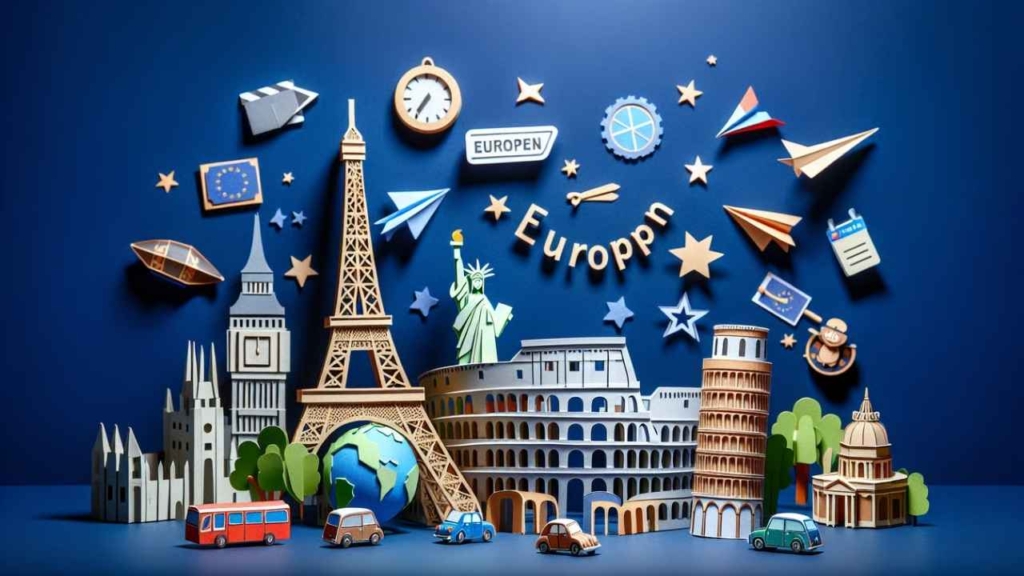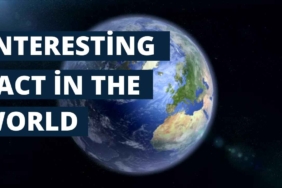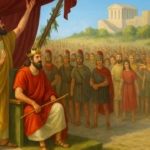The European Union (EU), a political and economic union of member states primarily located in Europe, has evolved significantly since its inception. From its foundations in post-World War II Europe to its current role on the global stage, the EU plays a crucial role in promoting peace, stability, and economic prosperity across the continent.
What is the European Union?
The European Union is a unique economic and political partnership between 27 European countries. Initially founded to foster cooperation and prevent future conflicts, the EU has expanded its goals to encompass various issues such as trade, human rights, environmental protections, and economic stability.
When was the EU Founded?
The origins of the EU can be traced back to the Treaty of Paris in 1951, which established the European Coal and Steel Community, a precursor to the union. In 1957, the Treaty of Rome created the European Economic Community (EEC), which laid the groundwork for a common market. The Maastricht Treaty in 1992 formally established the European Union as we know it today.
Where is the EU Located?
The EU is based in Brussels, Belgium, which serves as its administrative center. However, other major institutions are located in different cities across Europe, including Strasbourg (European Parliament) and Luxembourg City (Court of Justice).
Why is the EU Important?
- Peace and Stability: The EU has been instrumental in maintaining peace among European nations, fostering collaboration over competition.
- Economic Strength: The EU is among the largest economies in the world, offering a single market where goods, services, capital, and labor can move freely.
- Global Influence: The EU plays a key role in international affairs and climate change agreements, asserting its influence on global policies.
How is the EU Structured?
The EU operates through a complex system of institutions which include:
- The European Commission: Proposes legislation and implements policies.
- The European Parliament: Represents EU citizens and shares legislative power with the Council of the EU.
- The Council of the EU: Represents the governments of member states and coordinates policies.
- The Court of Justice of the European Union: Ensures EU law is interpreted and applied uniformly.
Comparison of Key EU Institutions
| Institution | Primary Role | Location |
|---|---|---|
| European Commission | Proposes laws and implements policies | Brussels |
| European Parliament | Legislates and represents EU citizens | Strasbourg and Brussels |
| Council of the EU | Coordinates policies of member states | Brussels |
| Court of Justice | Interprets EU law | Luxembourg City |
Conclusion: The EU’s Role in Modern Affairs
The European Union has come a long way since its humble beginnings. Today, it stands as a testament to international cooperation and has established itself as a significant player on the global stage. Through its institutions and policies, the EU aims to foster peace, promote economic prosperity, and address pressing global issues. As the world continues to evolve, the EU’s adaptability and resilience will be pivotal in shaping the future of Europe and beyond.














